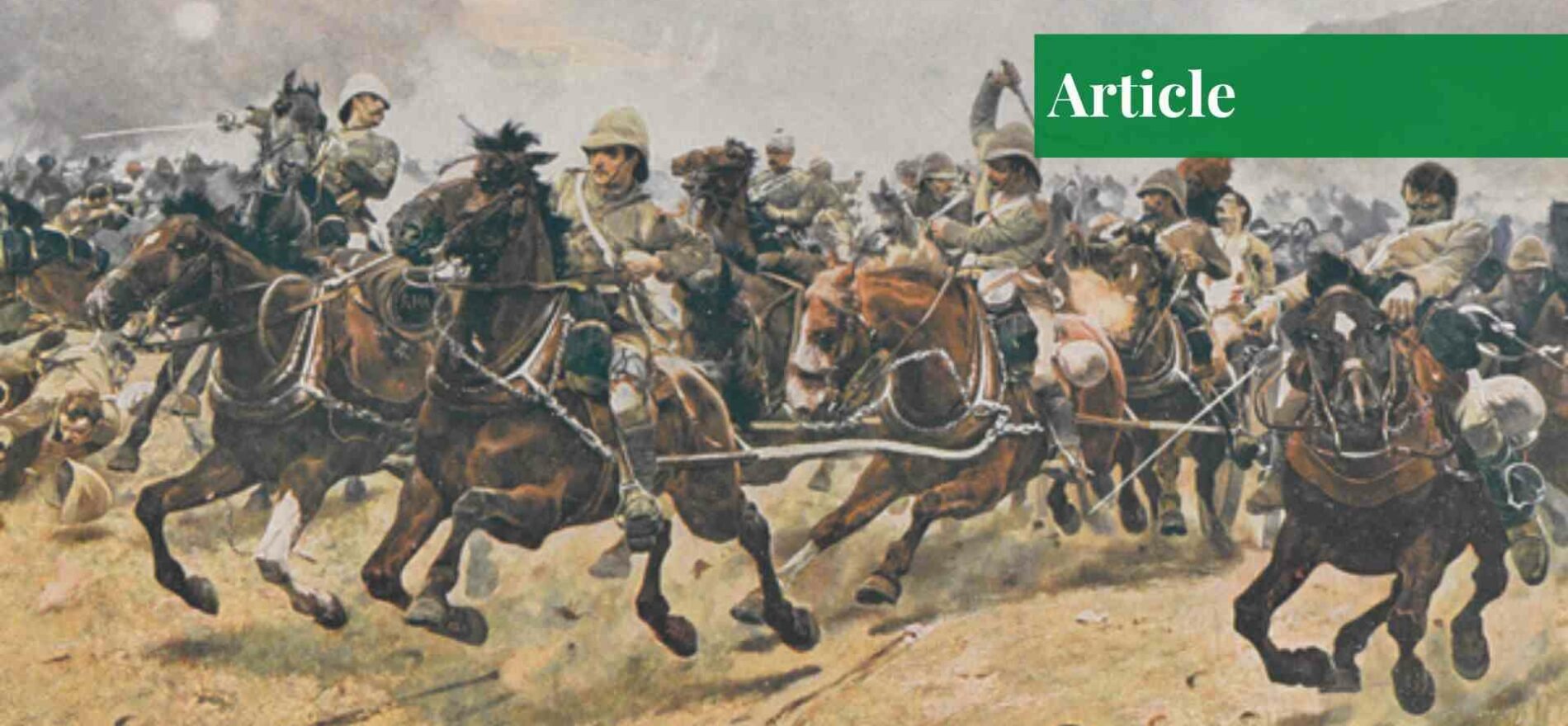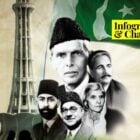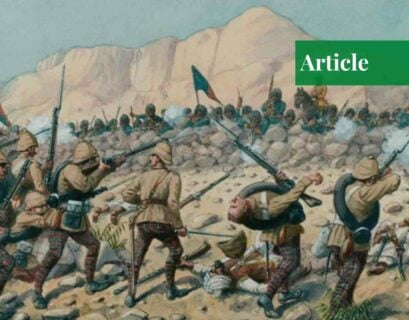Ms. Amina Iqbal is studying international relations at Kinnaird College for Women University, Lahore.
Introduction
The Second Anglo-Afghan War took place from 1878 to 1880. It is considered one of the most crucial episodes in the intricate tapestry of Central Asian geopolitics during the end of the 19th century. This conflict had its roots in the complex tactics of the Great Game, a geopolitical battle between the British and Russian empires.
Moreover, the dispute occurred against a backdrop of changing alliances, imperial aims, and the quest for regional supremacy. The British feared Russian encroachment into Afghanistan, considering it a pivotal buffer state to safeguard their imperial interests, mainly in the subcontinent. Therefore, they tried to establish a pro-British ruler in the state.
Furthermore, any efforts toward negotiation to develop coalitions with the Afghan king, Sher Ali, failed. This led to a full-blown British military invasion of Afghanistan. marked by the siege of Ali Masjid in the year 1878. The course of the war, characterized by rivalries, diplomatic maneuvering, and the ultimate installation of British authority over Afghanistan, left an indelible mark on the political and social environment of the region while also transforming the trajectory of the Great Game in the late 19th century.
What Caused A Second Afghan War?
The root causes of the Second Anglo-Afghan War (1878-1880) were firmly ingrained in the geopolitical conflicts of the time, essentially driven by the British Empire’s strategic concerns regarding preserving power in the Central Asian region. One of the most important causes of the conflict is the Great Game, an extensive rivalry for control in the region among the British and Russian empires. Britain was afraid of the Russian influence on the Afghan throne and viewed Afghanistan as a pivotal buffer state to prevent its rivals from acquiring a foothold in the South Asian region—Britain’s “domain.”
Diplomatically, the British sought to develop favorable relations with Afghanistan’s ruler, Sher Ali, to establish a pro-British ally in the region. The tensions gained momentum when Sher Ali refused to comply with British requirements. This diplomatic standoff, combined with Britain’s aim to control major commercial routes and strategic crossings in Afghanistan, set the stage for the military invasion.
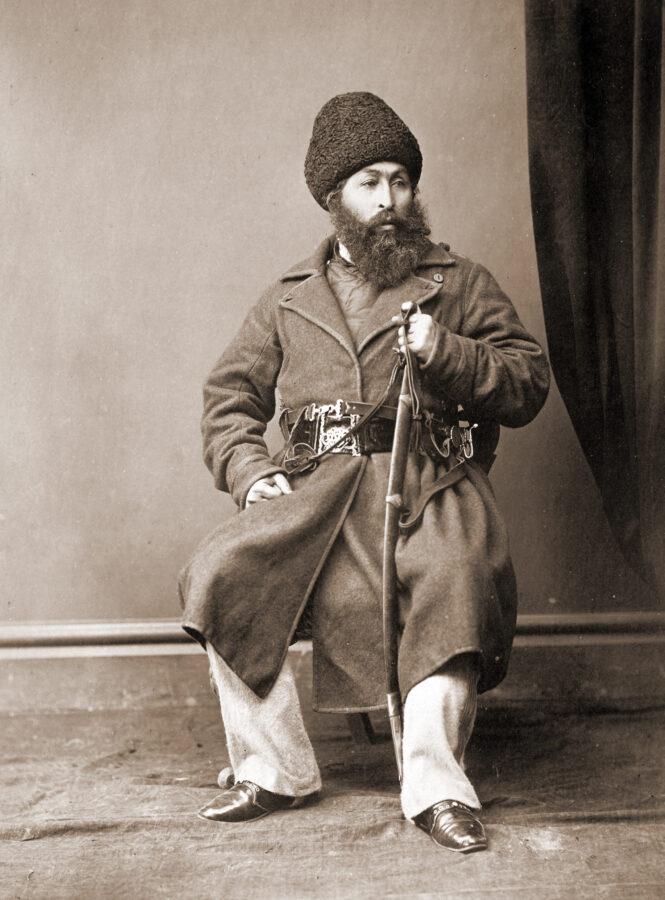
A watershed moment was experienced in 1878 when the British soldiers entered Afghanistan, intending to assert control over pivotal territories. Britain aimed to appoint a king more sympathetic to its interests. Additionally, the military occupation spurred by the strategic imperatives of the Great Game illustrated the British Empire’s greater goals of establishing supremacy in Central Asia and maintaining a strategic advantage over its Russian opponent.
Course of the Second Anglo-Afghan War
The war was characterized by military campaigns, rivalries, and geopolitical moves unfolding in Afghanistan’s harsh terrain. The military campaigns of the British involved important logistical challenges, which were worsened by the mountainous terrain and inclement weather.
In November 1878, when the war began, approximately 40,000 British soldiers, largely Indians, invaded Afghanistan. The invading British army was divided into three military columns that entered Afghanistan at three different points. One column advanced through the Bolan Pass and captured Kandahar, while another secured the Khyber Pass by occupying the Ali Masjid fortress before proceeding to Jalalabad. The third column moved through the Kurram Valley toward Kabul.
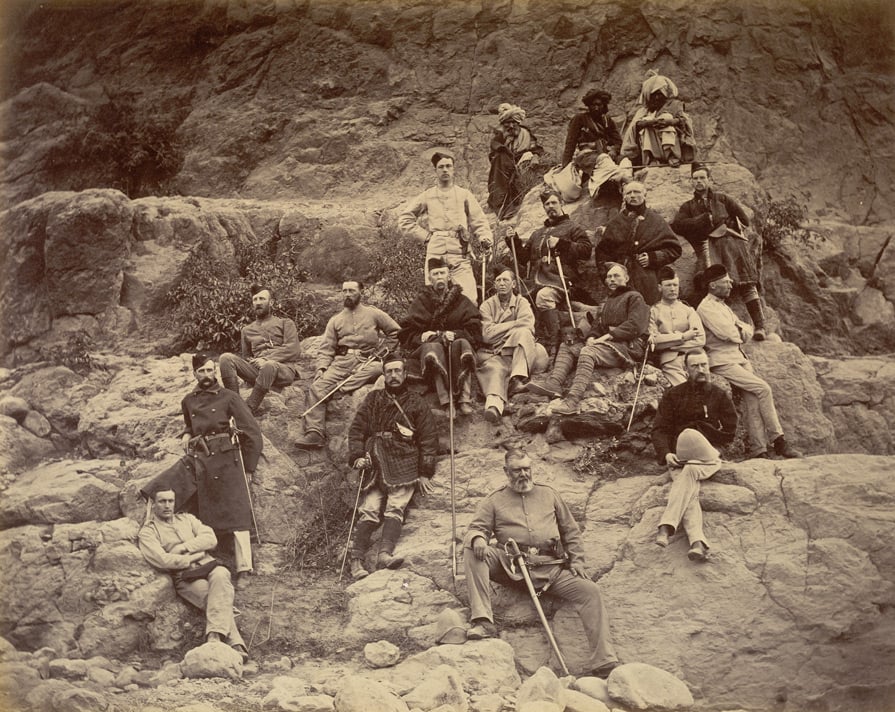
The British successes at the battles of Ali Masjid and Peiwar Kotal demonstrated that the route to Kabul was virtually undefended by the Afghan army. A worried Sher Ali personally tried to appeal to the Tsar of Russia for assistance, but rather than helping, the Russians insisted he seek terms of surrender from the British. In return, Sher Ali decided to flee Afghanistan, and his son Yaqub Khan became the emir.
Treaty of Gandamak
The Treaty of Gandamak, signed on May 26, 1879, ended the initial phase of the war. The agreement was signed near Kabul between Yaqub Khan and Sir Louis Cavagnari, who represented the British government of India. Cavagnari was deemed a hero for negotiating the treaty and even knighted. Afghanistan’s new ruler, Yaqub Khan—considered a British sympathizer—handed over various border provinces and diplomatic supremacy to Britain. The humiliating treaty that relegated the Afghan emir to a British puppet involved the emir granting amnesty to all those who colluded with the British forces throughout the war.
The treaty, ratified by Viceroy Sir Edward Bulwer-Lytton on May 5, 1879, is seen as a forerunner to the second phase of the war. According to the pact, the emir of Afghanistan had to follow the British council in foreign interactions and refrain from engaging in disputes with foreign countries without British authorization. Additionally, a British envoy, headed by Sir Louis Cavagnari, was permitted to remain in Afghanistan at the Sherpur cantonment near Kabul, with the promise of leaving once its aims were achieved. Therefore, the British gained supremacy over critical territory and enhanced economic links and telegraph connections between the capital of Afghanistan and British India.
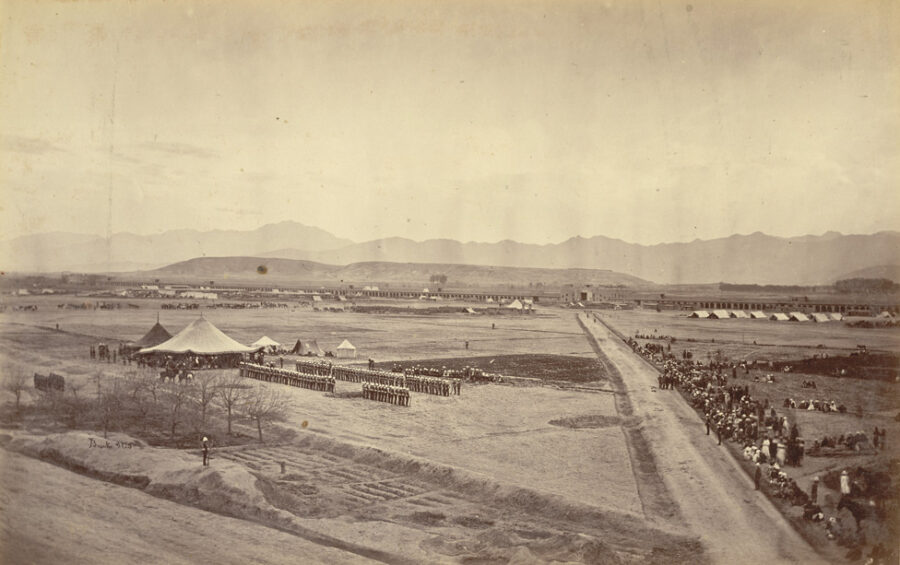
However, the implementation of the treaty suffered a huge setback when a mutiny erupted following the dissatisfaction caused by the treaty and the new ruler. The compound of the British mission was attacked in September 1879, killing the entire British party, including Sir Louis Cavagnari. This event accelerated the second phase of the war.
Response to the Kabul Uprising
A British column to Kabul was led by General Frederick Roberts in response to the Kabul uprising in September 1879. They engaged in a fierce battle to take revenge for the killing of Sir Cavagnari and his army. A reign of terror was established in Kabul as a lot of Afghan people were captured and executed by Roberts’s army. After announcing Yaqub Khan’s abdication, Roberts named himself the military governor of Afghanistan and settled in Kabul for the winter, fighting the onslaught of Afghan soldiers. Roberts’ army of 6,500 men had to be relieved in 1980 by a British column commanded by General Stewart to avoid a repeat of the First Anglo-Afghan War.
March to Kandahar & the New Emir
In the spring of 1880, after news came of the British troops in Kandahar being in danger, General Roberts embarked on a march to Kandahar to gain a military achievement. Roberts led a 300-mile march from Kabul to Kandahar with 10,000 men in under 20 days. Most of the time, the march was unchallenged and showcased exceptional discipline and leadership, allowing British forces to manage the scorching heat of Afghanistan’s summer.
When the army joined the besieged British forces in Kandahar, they managed to defeat the Afghan forces, effectively ending the Second Anglo-Afghan War. With the war ending, Abdur Rehman Khan—the former ruler of Afghanistan and the nephew of Sher Ali—returned to the country from exile and was appointed emir in 1880. He was considered as the one who was more friendly to the British interests. The frontiers of contemporary Afghanistan were defined by the British and Russians during the reign of the new emir, Abdur Rehman Khan.
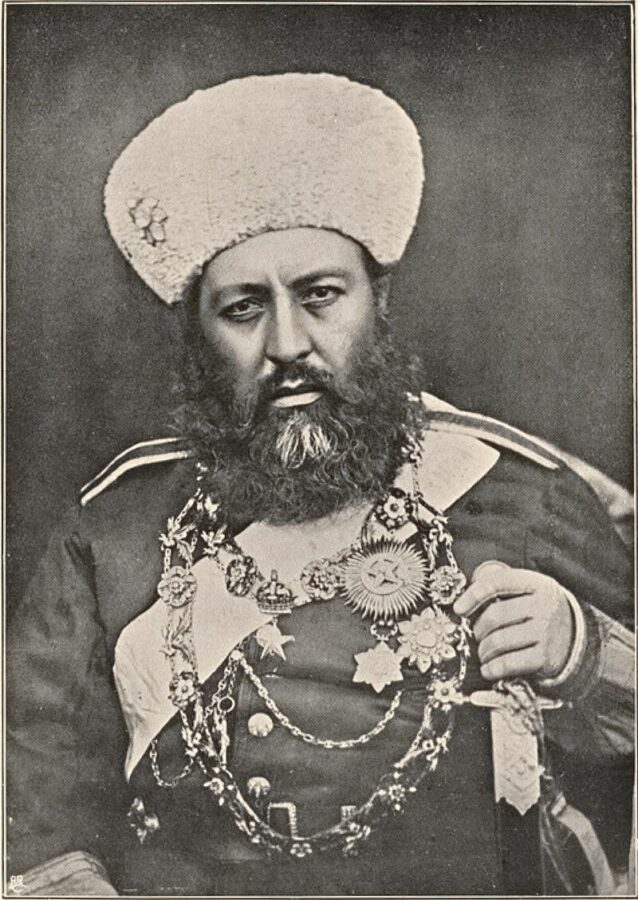
Consequences of the Second Anglo-Afghan War
The consequences of the war shaped the political, social, economic, and geopolitical landscape of the world.
Political Impact on Afghanistan
Emir Abdur Rehman Khan was commonly known as the “Iron Amir.” His reign was defined by power consolidation and the establishment of a centralized government. Important administrative reforms and modernization measures for Afghanistan’s different ethnic and tribal groups were established by him.
Additionally, though the Treaty of Gandamak formally recognized Afghanistan’s independence, the state effectively became a protectorate of the British Empire. However, the growth of British influence in the foreign affairs of Afghanistan characterized a shift in Afghanistan’s longstanding policy of balancing external powers.
Social & Economic Consequences of the Invasion
The war had a huge impact on the people of Afghanistan as the conflict resulted in massive casualties, displacement of individuals, and economic damage. The civilian toll was extremely high, and the reconstruction of war-torn places created immense obstacles.
The country’s economic growth was hindered and the damage to infrastructure, including roads and irrigation systems, and the loss of agricultural output exacerbated the economic struggles of the Afghan people.
Geopolitical Repercussions
The conflict had broader repercussions for the Great Game. While the British wanted to form a friendly buffer state, the war and the subsequent events led to the rebalancing of the power dynamics in the region. Russia witnessed the rising influence of the British in Afghanistan; therefore, it shifted its focus to other parts of the Central Asian region. The war and the subsequent Treaty of Gandamak ensured an element of mistrust was developed between Afghanistan and the British Empire. The alleged British interference in Afghan matters influenced the diplomatic ties for the decades to come.
Conclusion
The Second Anglo-Afghan War is an important chapter in the intricate narrative of late 19th century geopolitics of the Central Asian region. The conflict was rooted in the Great Game reflecting the Russian and British empires’ strategic and imperial maneuvers, with Afghanistan caught in the crossfire. The war had its origin deeply ingrained in the geopolitical conflicts of the period, driven by the British Empire’s fears of Russia’s expansionism. Thus, the war progressed via military campaigns, diplomatic stalemates, and ultimately, the establishment of British influence in Afghanistan.
If you want to submit your articles, research papers, and book reviews, please check the Submissions page.
The views and opinions expressed in this article/paper are the author’s own and do not necessarily reflect the editorial position of Paradigm Shift.
